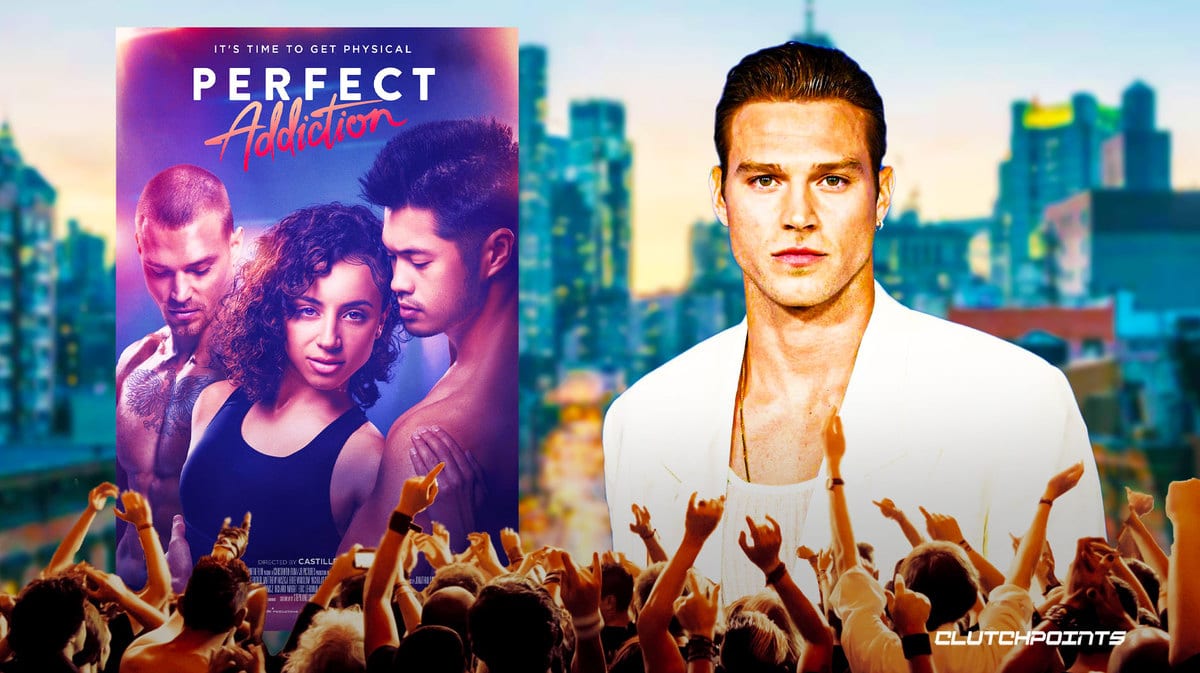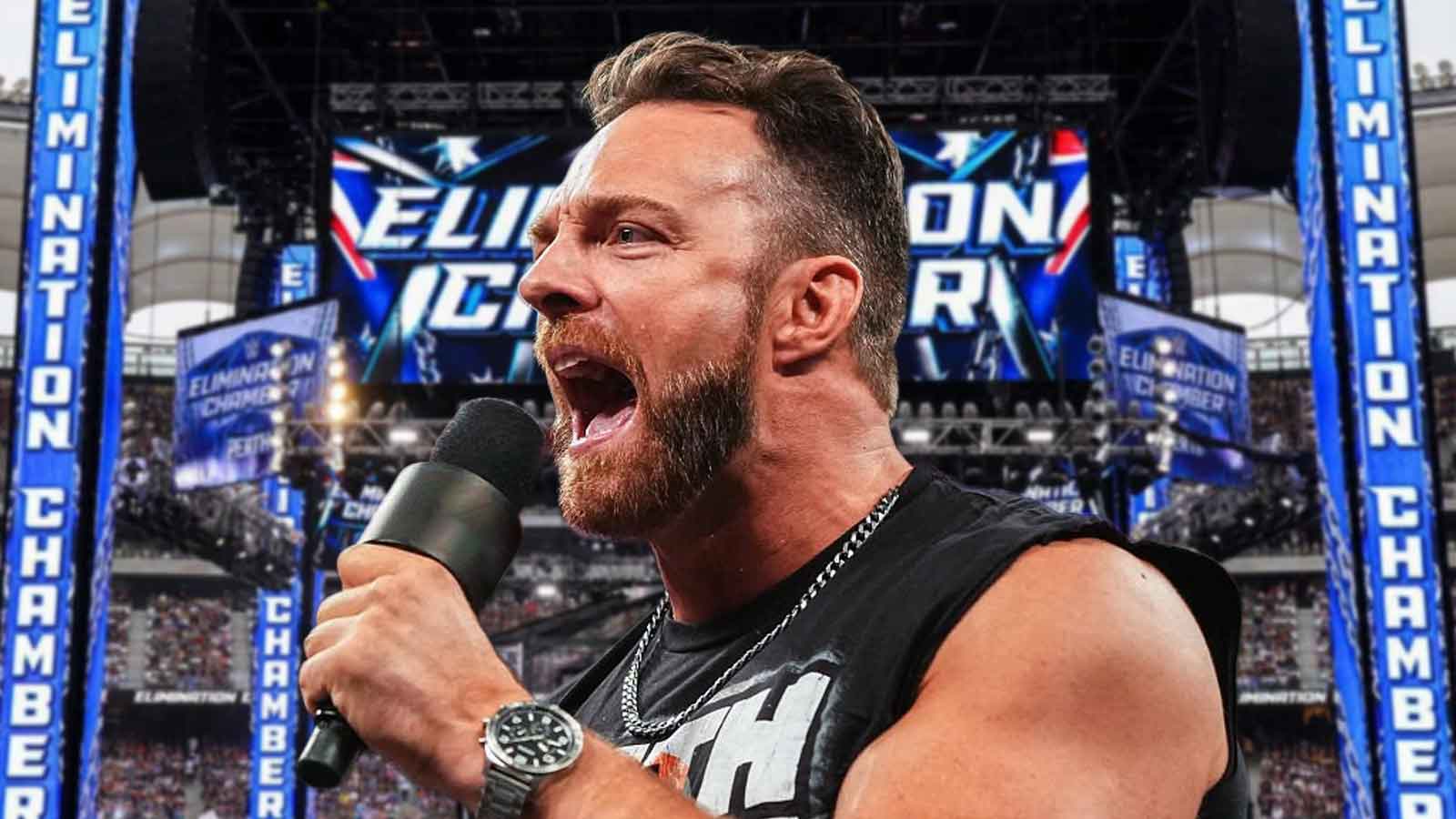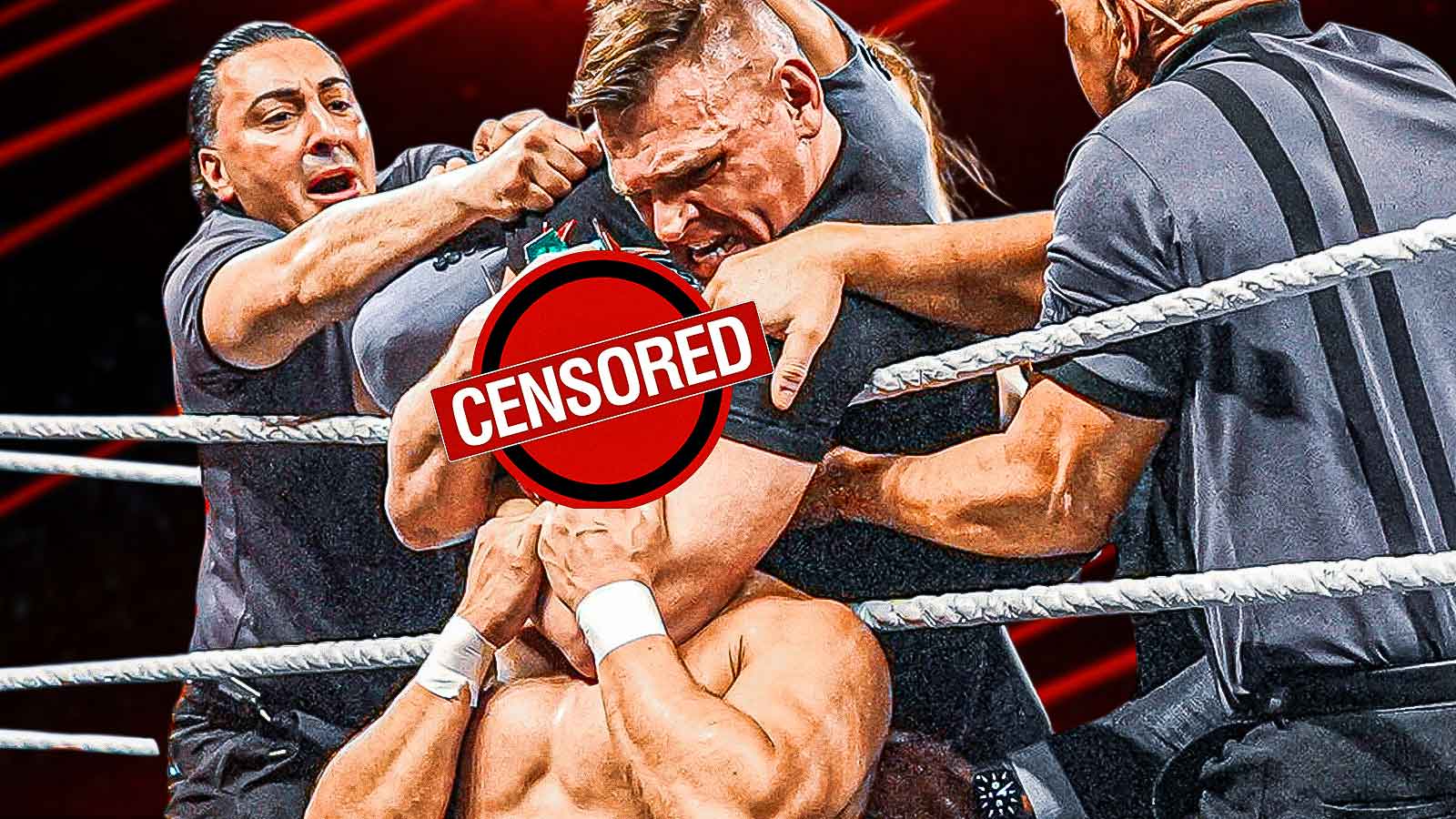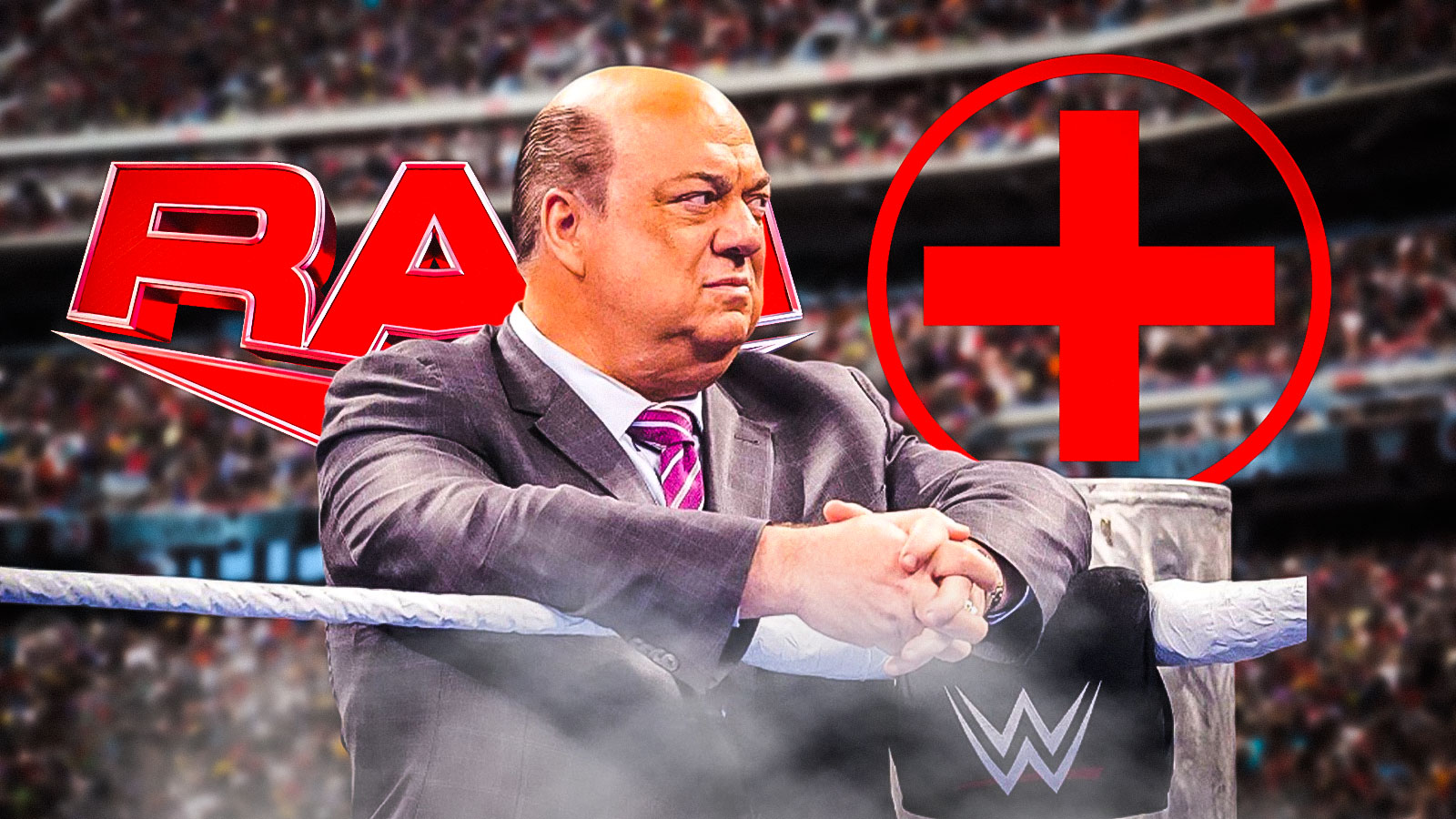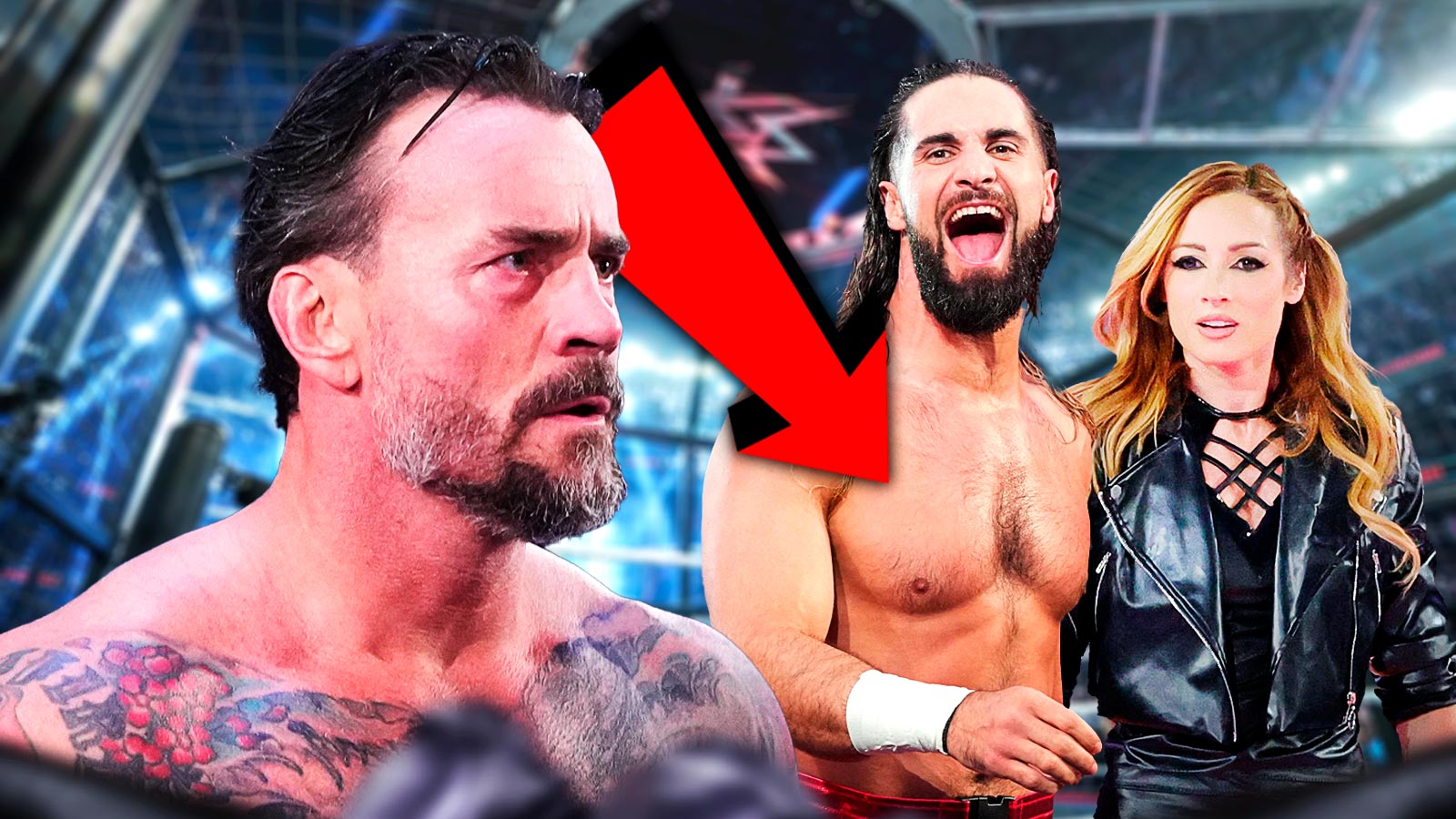At least in my experience, it’s rare that the talent I’m interviewing is thrilled to greet me. If anything, there are the cordial hellos, goodbyes, and the nice to meet you’s, but rarely does someone greet you with the warmth that Matthew Noszka did me. Upon entering and beginning the recording, I heard a very upbeat “Andrewww” coming from the other end. As it would turn out, that’s just how Noszka rolls — a very easy-going, laid-back presence.
That energy was carried out through our interview about his latest film, Perfect Addiction. He stars alongside some other rising up-and-comers Ross Butler and Kiana Madeira, but Noszka is a star in his own right. The model/actor has over a million Instagram followers and made his claim to fame through the social media platform. In Perfect Addiction, he plays Jax, SIenna (Madeira)'s ex who begins seeing her sister. In the film, Noszka plays the despicable heel role with a Channing Tatum-like charm.
ClutchPoints spoke with Noszka and discussed his new film, training for the MMA fight sequences (including actually hitting Butler on occasion), and even the role that social media played in his career.
ClutchPoints: I read that you're from Pittsburgh, Pennsylvania, and while I'm also from Pennsylvania, I've actually never been to Pittsburgh. There is a concert there that I wanna go to in June, so do you have an essential tip or at least one thing that I have to do should I go?
Matthew Noszka: Yes. Number one is [to] go to Mount Washington. So Mount Washington is an overlook that overlooks the entire city, and it's the most beautiful view. It's actually crazy because I've been to so many places that you [can] get a view of the city or you get a view of the mountains or the ocean, and they're all unique in their essence, but Pittsburgh just has something really special about it to where you're so close to the city and you're just a river away, but you're up on the mountain and you can see the entire city at nighttime, I would suggest for sure. I mean, during the day it's beautiful as well, but at nighttime, it's all lit up and that's definitely one of my favorites.
If you like pizza, there's a place called Fiori's Pizzaria — that's like a staple in Pittsburgh. It's a spot that I go to every time I go home, but I think you [would] really enjoy it. It's a live[ly] city — very blue-collar, small town, but it's so close [knit]. Everything's within like 15, 20 minutes of each other, so you can really see a lot.
CP: All right, cool. I'm from the Lehigh Valley — if you know where that is.
MN: I know exactly who that is, yeah. PA, baby! [Do] you still have a PA license?
CP: I do, yeah. Do you?
MN: Oh, you do — nice! No, I had it for so long. Honestly, I lived in California for like five years and I had a PA license, which was probably not legal… I don't think [laughs], but I was going back to Pittsburgh a lot and it just kind of didn't make sense. I was spending six months here, six months there, but now I transitioned over to the California license.
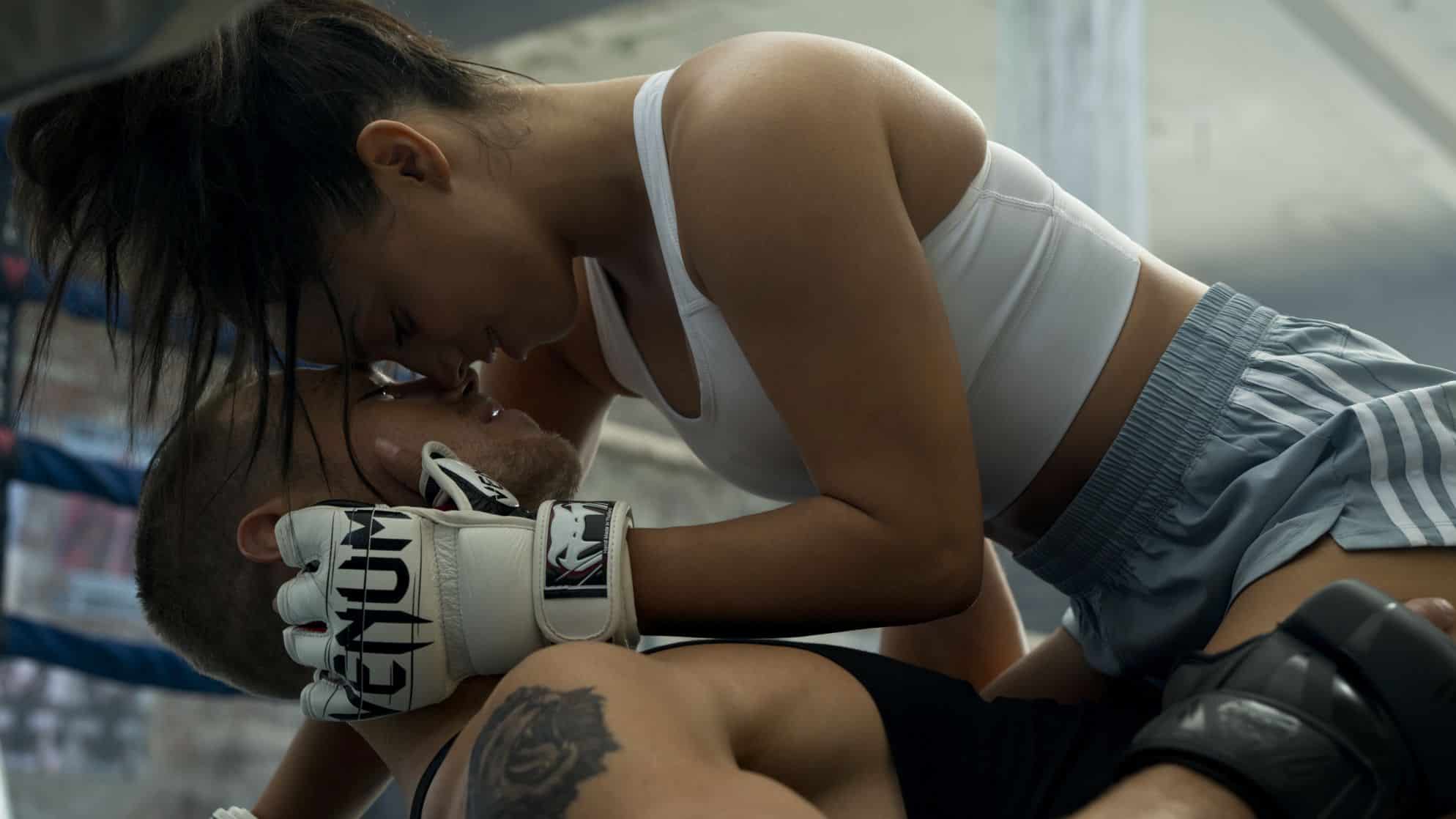
CP: Well, I would show mine to you if it was close by, but my photo's still my high school one because I got it and then Covid hit, so when I renewed it they just reused it and I’m still 17.
MN: Nice, just hang onto it as long as you can — my manager's [license] is still his from college [smiles].
CP: Another part of your background is basketball, so I was just curious, I know in this film Perfect Addiction, you're an MMA fighter, which is a completely different sport, but did basketball in any way help you when you were training for this role? Whether it be endurance or conditioning, anything like that?
MN: I mean, coming from a sports background in general [was helpful]. When I was growing up in Pittsburgh, that's all I did. From two years old, my dad had a basketball in my hand. My grandfather played for the Boston Celtics and it was just destined for me to be either in the NBA or play overseas, and that was kind of my goal — I never really thought of anything else, and modeling and acting kind of started to weed their way into my life and ultimately, I had a talk with my college basketball coach and a few of my professors at school, and it was just one of those things where I was making good money — I didn't come from much, so being able to support my family and kind of give back and be in a position to where I was gonna be able to financially support my immediate family and I was something I couldn't really pass up on — [but] I had to put my dreams aside, which sucks because that's all I really loved and ever did.
But having that background has helped me transition very easily into modeling and acting because ultimately, you're on a stage and I think when you're acting in theater, you have an audience and you don't really have room for error — and that's kind of how I saw basketball. You have an audience, you're on the basketball court, you don't have room for error, and if you do, you gotta make up for it somehow — so those adaptions were pretty easy for me.
I think the hardest thing for me was just having a camera in your face because on basketball courts you don't really have that — it's more of just an audience watching you. So like knowing where you are, knowing your placement — especially for this role [in] particular [because] I hadn't done an action film before. When you're shooting certain scenes, there are over-the-shoulder shots that they have to cheat so that it does actually look like you're making contact with the guy's face when you're actually not. So there [were] different things that I had to work through and learn in the process.
But as far as adapting to the MMA world and learning mixed martial arts, I think my athletic background definitely helped [with] picking up on certain things and being able to mimic moves and ultimately have the strength, endurance, speed, stamina, those types of things, I think really translated over.
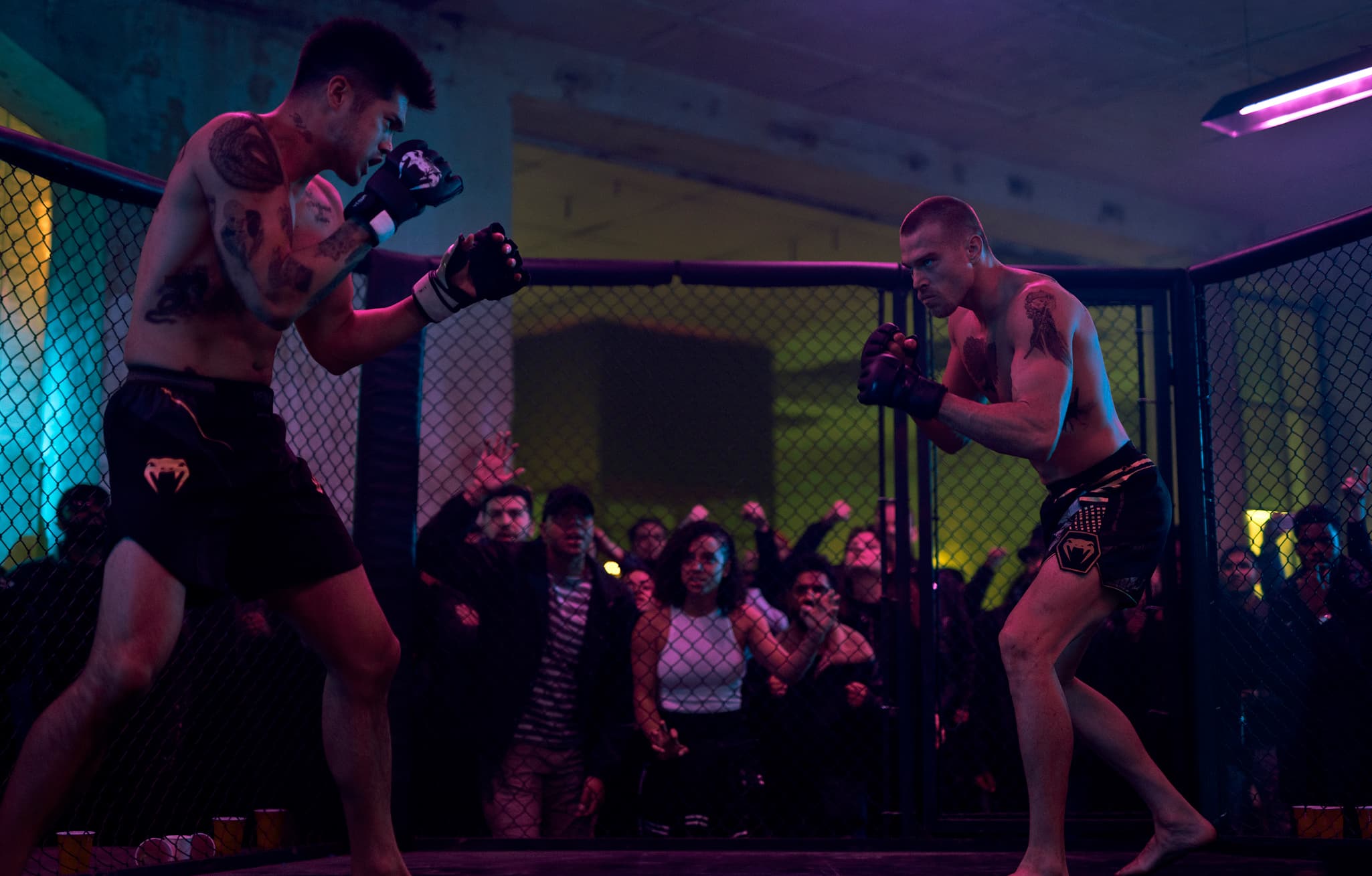
CP: Could you talk a little bit more about the complexity of filming those fight scenes? Because you're filming fight sequences that look so malicious and animalistic, but it's not even like pro wrestling where you could still kind of hit the person.
MN: So yeah, it's interesting. When we were training, early on we went through tons of different positions and moves and locks that we could ultimately do. And then once we got into our routine, they had a choreographed routine that we just drilled and drilled, and drilled, and drilled. And there were three different fights that we had, so there were three different routines. And in those routines, sometimes people would slip up and like [maybe] you didn’t gauge your distance and you get punched in the face or you get kicked in the leg, or an elbow, so those things did happen [smiles].
It wasn’t malicious in any way, but making it look malicious and not actually making contact was very difficult because you ultimately have this world of acting, and then you have this world of animalistic movements, so trying to combine those together was probably the most difficult [part].
Learning the routine wasn't hard for me, but it was making it look real is what was the difficult part. And that's on all ends. When you have your director of photography, you have your stunt coordinator, you have your stuntman, you have so many people that you're working hand in hand with when you're on set to help make it look the most realistic. So I think there were a lot of things that played into that, but for me, I liked the brunt force and like the getting really down to the grittiness.
I ultimately wanted to have a scene where they just kind of let us go at it and like, not to a point where we're trying to break each other's faces [smiles], but to where we're really wrestling, we're really getting into it and not doing so much of a routine. I didn't get approved on that [laughs], probably for a lot of reasons, but yeah, I really enjoyed it. I even thought about taking a fight afterward. But that's my competitive nature, that's just me wanting to push my limits as a human being. And I think that's something we should all aspire to do.
I really enjoyed it and I hope that I get more films that allow me to use my athletic background for sure.
CP: If you remember, out of you and Ross, who would end up with more accidentally caused bruises after a day of rehearsing or shooting?
MN: Honestly, there's probably too many to count [smiles]. Like we both were banging each other up. I know that like when we were getting into it, the earlier steps when we were learning, the routine was pretty slow — it was just monotonous — [and] we [would] just keep going and going and going, and then when they were like, “All right, we gotta film this one and send it to the producers,” we would turn it up a bit, you know, and there would be like little slip-ups here and there, but if we made contact, it was always like, “Oh, you good?” “You good?” “Yeah, yeah, I'm good. I'm good. Just keep it moving.”
So I think we equally shared each other's blows for sure.
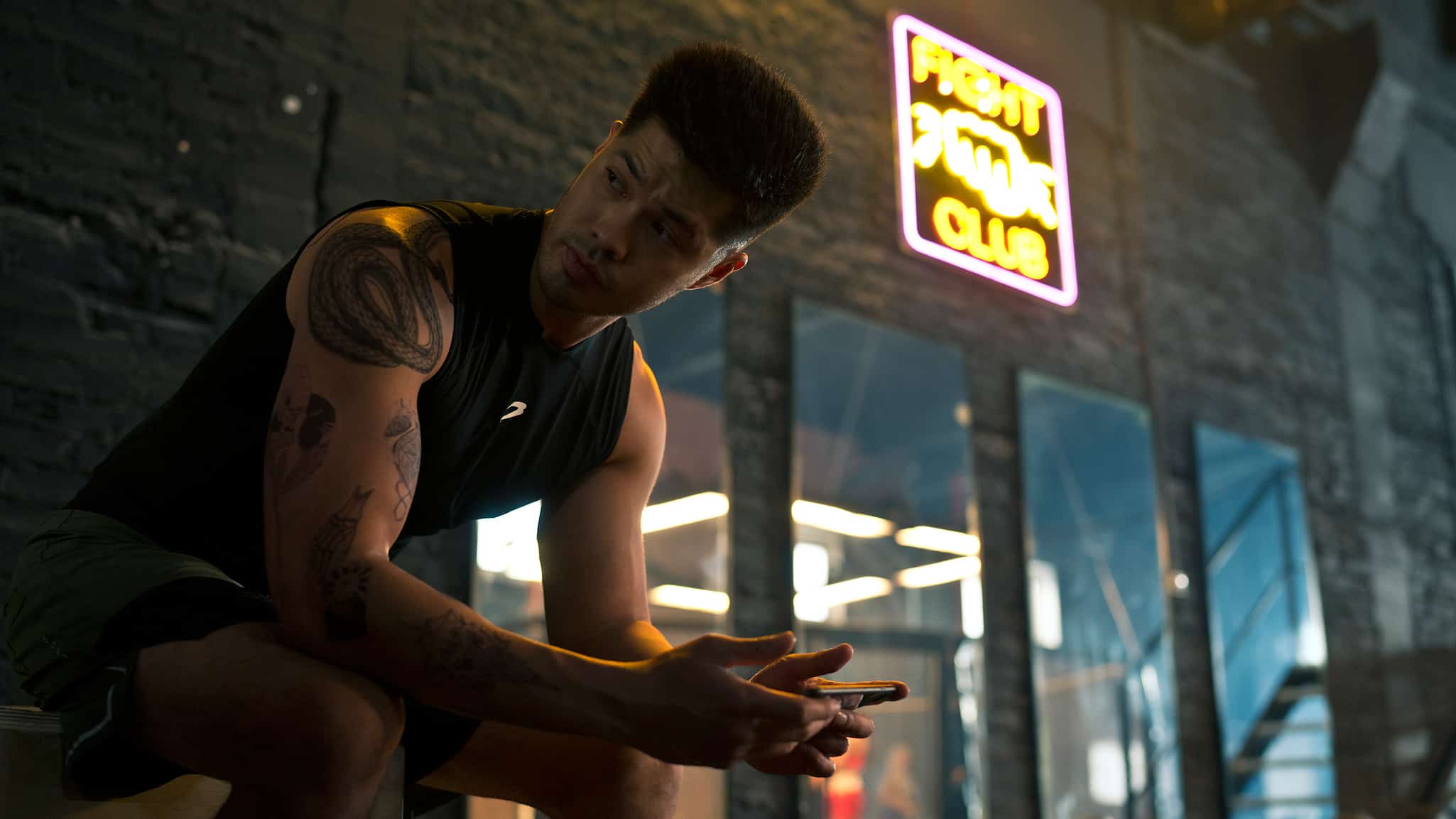
CP: I was just speaking to Kiana [Madeira] and something she mentioned towards the end of the interview was how her Instagram presence blew up after she was in the Fear Street movies. But you, on the other hand, also have a big social media following from a different avenue — modeling — and it's still so vital to who you are and how you got here, at least I would think as a celebrity or “influencer,” if you want to use that term. But what do you think about social media — do you ever feel overexposed due to it?
MN: You know, and I take a deep sigh because I honestly think that if social media didn't play a role in my career in helping me get future jobs, act as a resume to ultimately have something a casting director or someone can look at, I probably wouldn't have one. And early on, if you asked me that question in my career, I would've said the complete opposite because I enjoyed it. I enjoyed being able to reach out to tons of people, I enjoyed being able to have that dopamine hit of people saying, “Oh, you look great,” or this, that, and the other, and now that I've become more seasoned in this career, I realize that privacy is everything. And you know, having a family means more to me than this facade that we put on online.
The only reason I do believe in social media and think it's a great tool is we're allowed to express ourselves and reach the masses and ultimately get information out there that might be censored or might be unavailable to others, and I think that a lot of people need that. Just speaking to family members that I have back home that might be overweight or struggling with addiction or struggling with self-worth, I think me being able to speak to them or them seeing me do certain things that might inspire them is what I believe.
It's a great tool for even me when I'm scrolling through my Instagram. What I've found most helpful is to unfollow the pages that are just giving you nonsense and things that are just materialistic or things that are just ultimately feeding the inner demon in you, because we all have our demons, we all have our vices, but for me, following nutrition pages, following inspirational leaders, people that are speaking on behalf of people who don't have a voice, following those types of accounts has allowed me to ultimately take in the best information that I possibly can.
And I'll be scrolling through Instagram and see The Rock pop up at the gym at two o'clock in the morning, or Mark Wahlberg waking up at 2:00 AM and I'm like, “All right, I gotta get on it. I gotta, I gotta do more,” so, I think it's a great tool for that, but there are pros and cons to everything.
So I think if I was very well off, like, I mean, didn't have to worry about money, didn't have to worry about where my next job was coming in from, and I could do it without social media, I probably would and I would turn my social media into like Leonardo DiCaprio's page where I'm doing it for a mission, doing it for a good cause instead of posting videos of myself.
CP: Well, I think I'm out of time with you, so thank you so much—
MN: I'm sure you can squeeze one more in [smiles].
CP: I was listening to an interview with you from a couple of months ago, and you mentioned that what made you want to act was wanting to play a good guy in movies, right? So this is a two-part question — I'd love to know what your dream hero role is, but also now that you've played a villain and we're so convincing at it, is that more appealing to you now?
MN: You know, even for this film, I wanted to play the good guy — I wanted to be Kayden [smiles]. I was in a really dark place leading up to this role — I had a lot of people that didn't believe in me [and] didn't care to hear my story about my accident. I lost my father and there were just so many things that were going wrong in my life that I really think I had the animosity to play Jax best. And for whatever reason, that's how it worked out. And I think it worked out the way it was supposed to.
But yeah, I still want to be the good guy. I still want to be the hero. I think I definitely gravitate more toward that. And whether it be a hero that has a dark past, I don't know if you've ever seen Palmer with Justin Timberlake, but he basically, Is playing an ex-convict that gets outta jail, lives in a mobile home, and gets introduced to this child who doesn't really have a father figure in his life, but also doesn't identify as a straight kid and he's very unsure of his being and a lot of kids make fun of him. Palmer's not the type to really take him under his wing, but he's put in a position where the inner good in him has to take over. And I think that that is a hero role, that is a father figure role, that like you may have a dark past that haunts you, but you can ultimately win, you know?
Today is the day that we decide to change the rest of our lives, not what happened yesterday or last year, or last month. So, I'm still looking for that role, and I know it'll come, but it'll come when it's the right time.
https://www.youtube.com/watch?v=FibtBUxV9hY
Perfect Addiction is available on demand now. For more information, click here.

